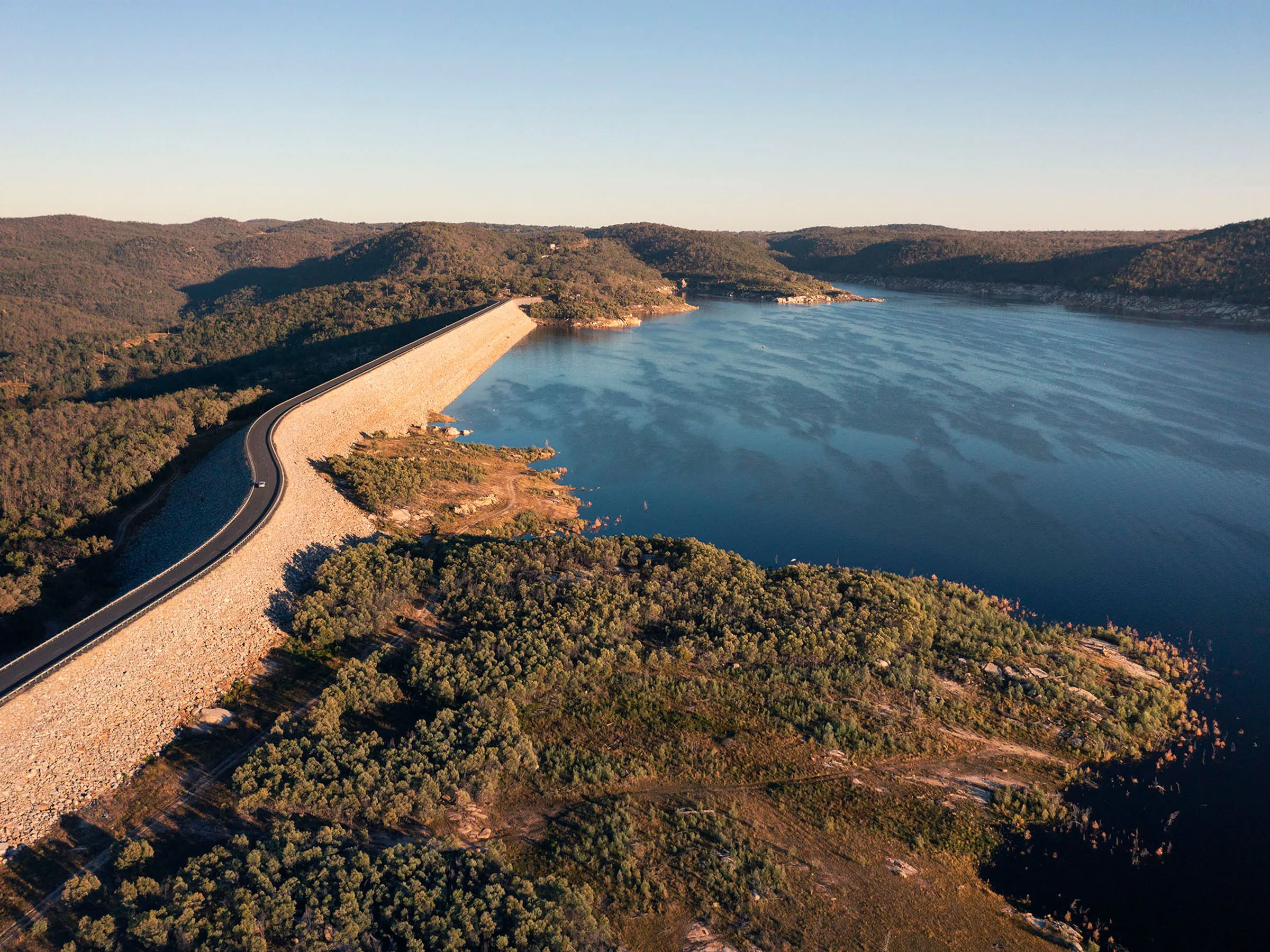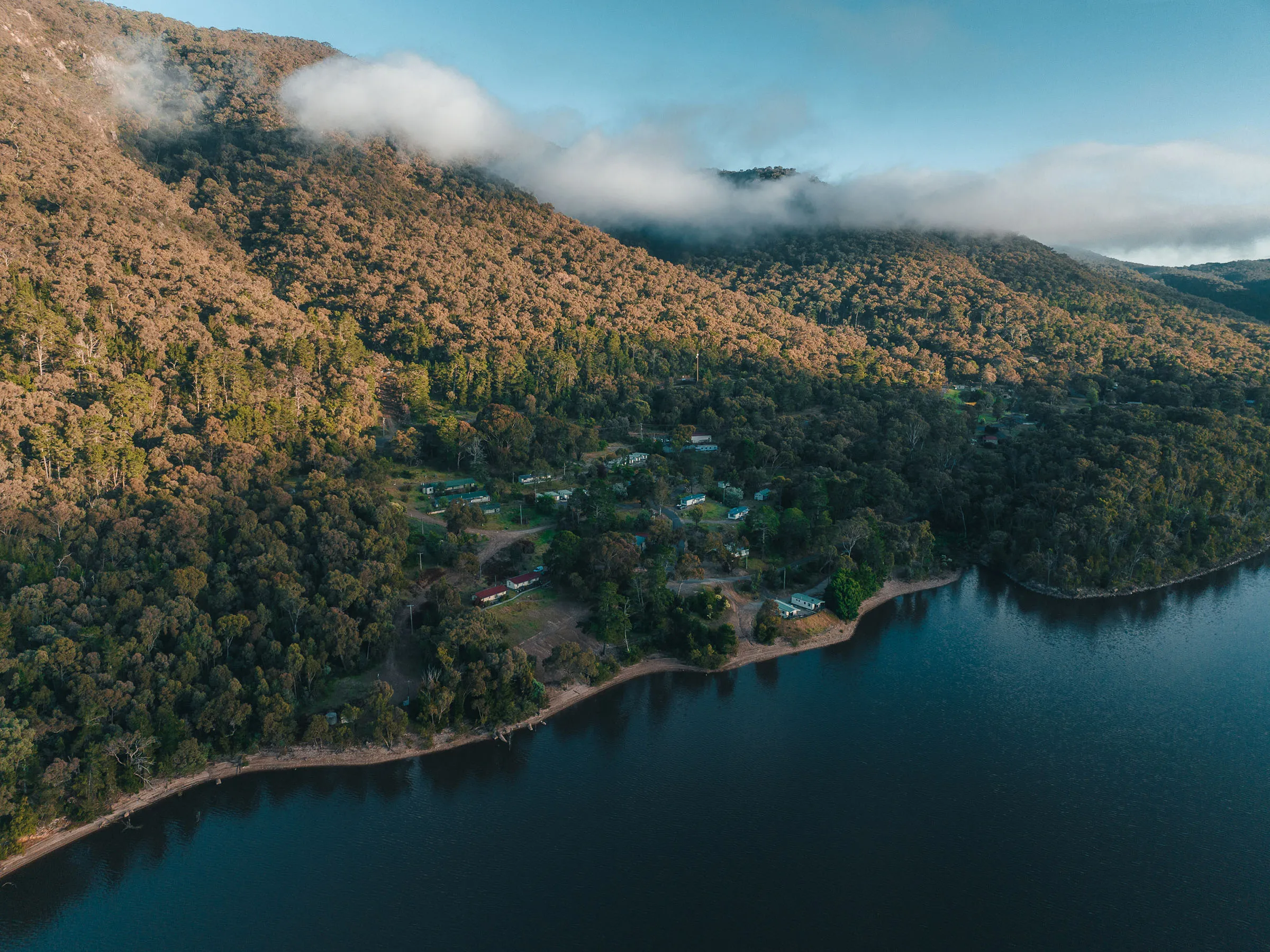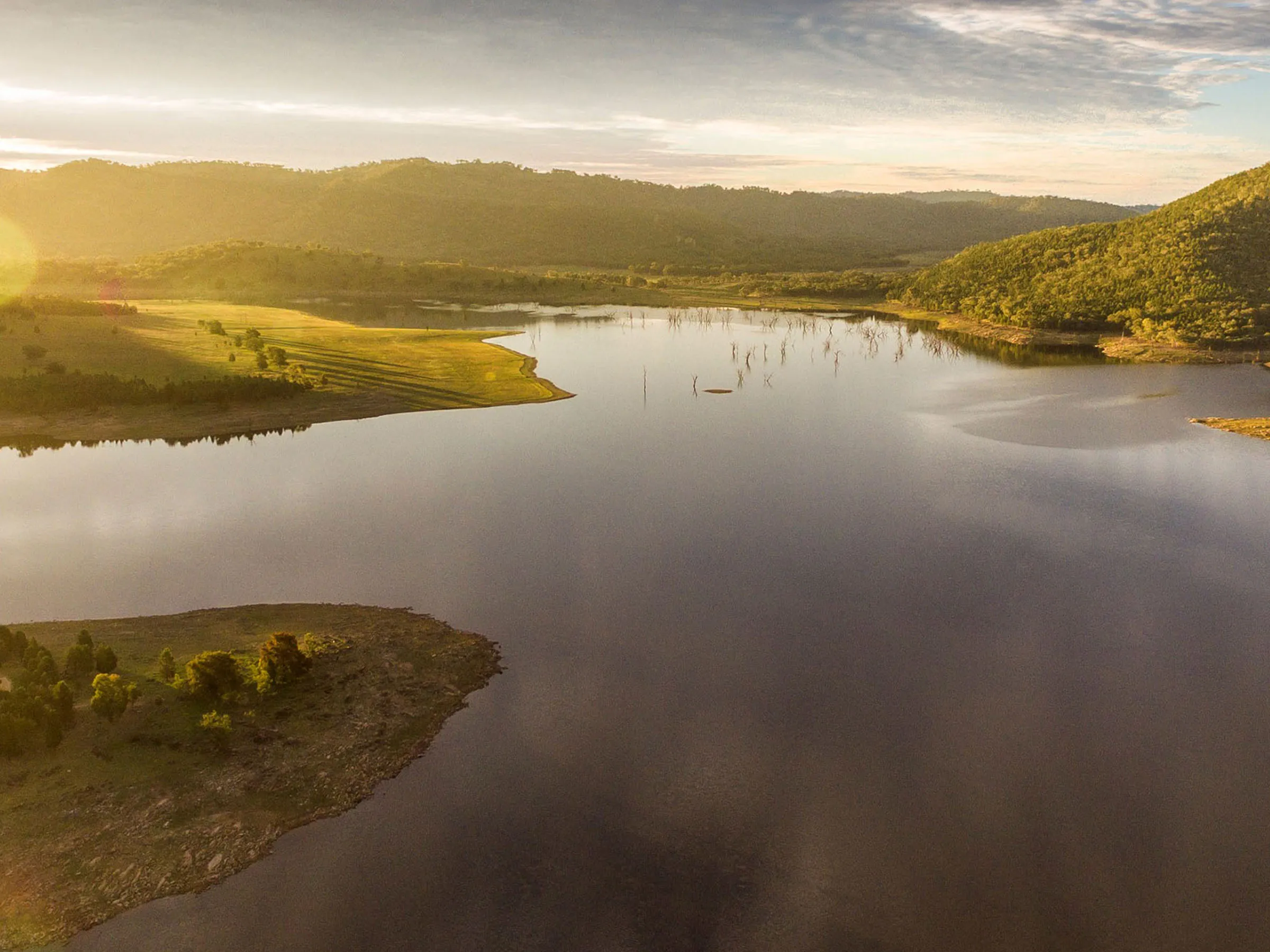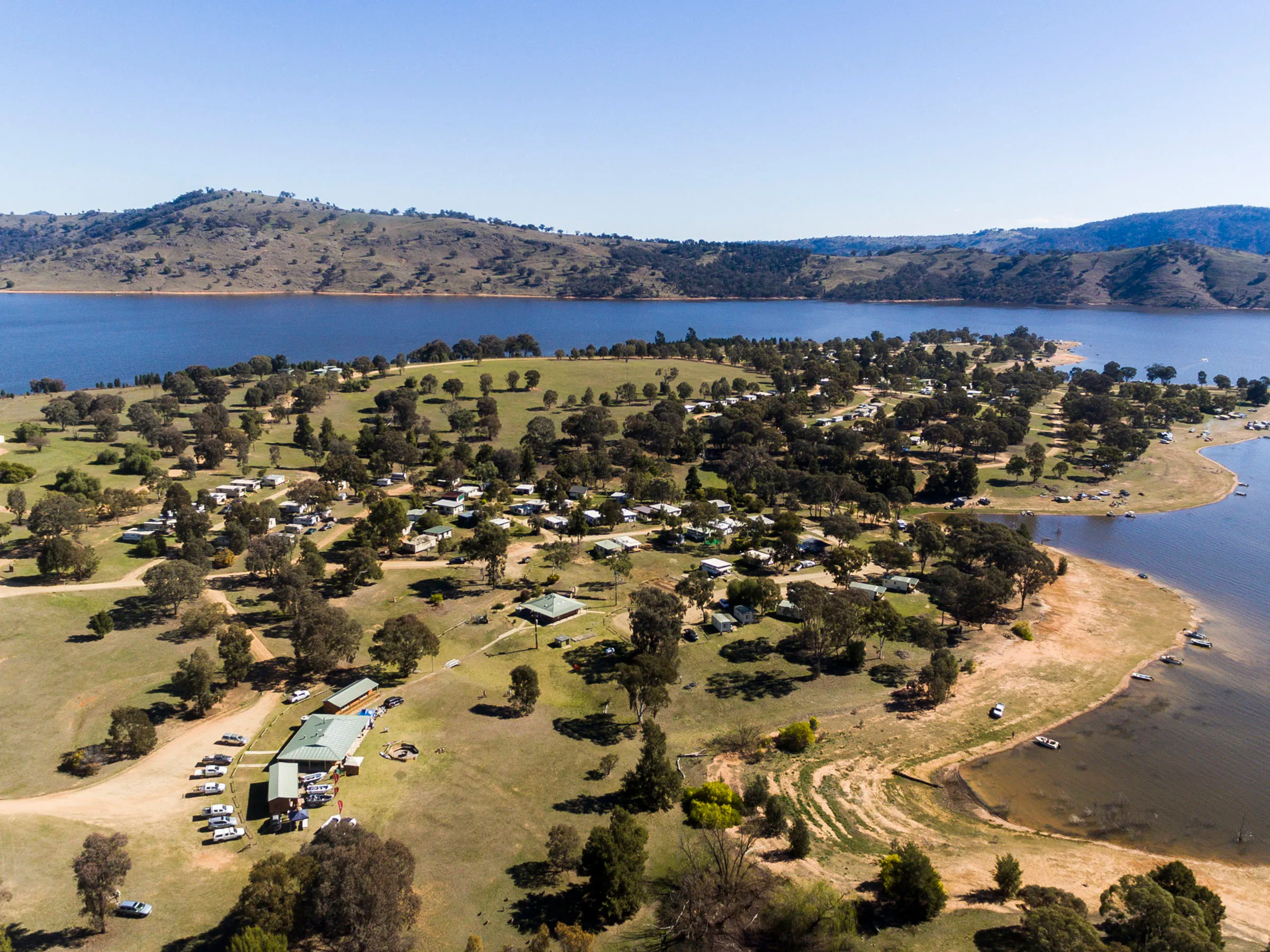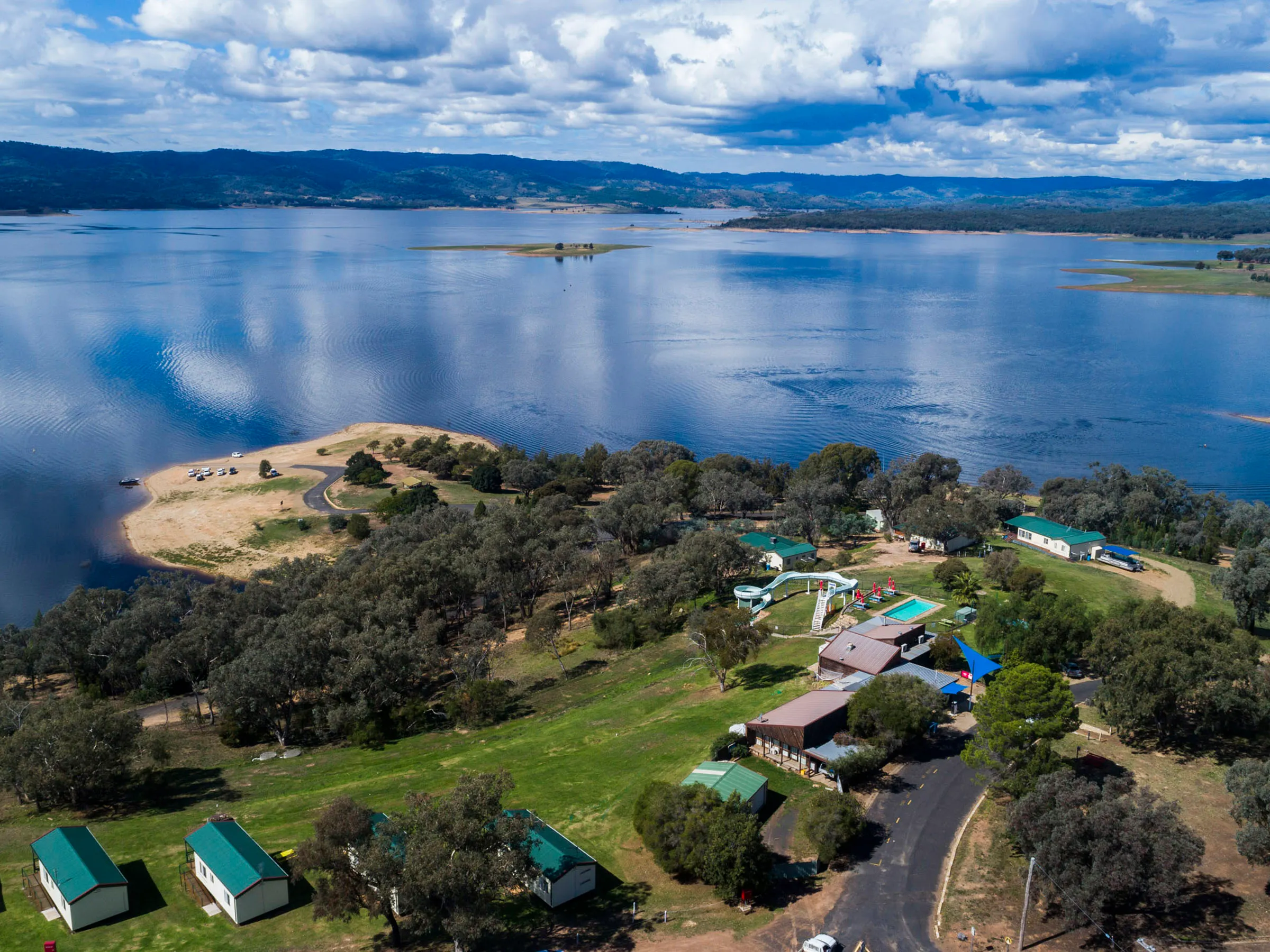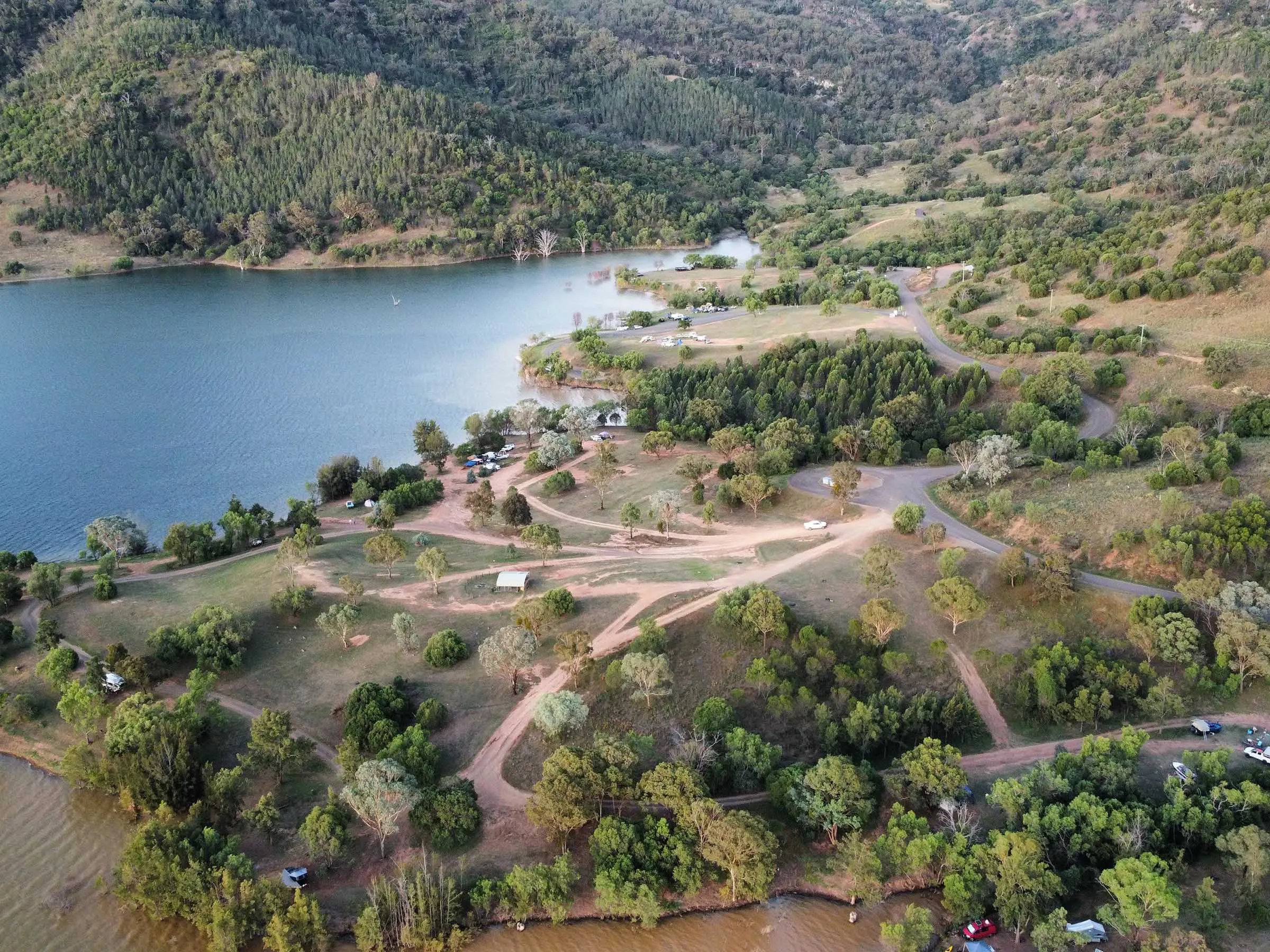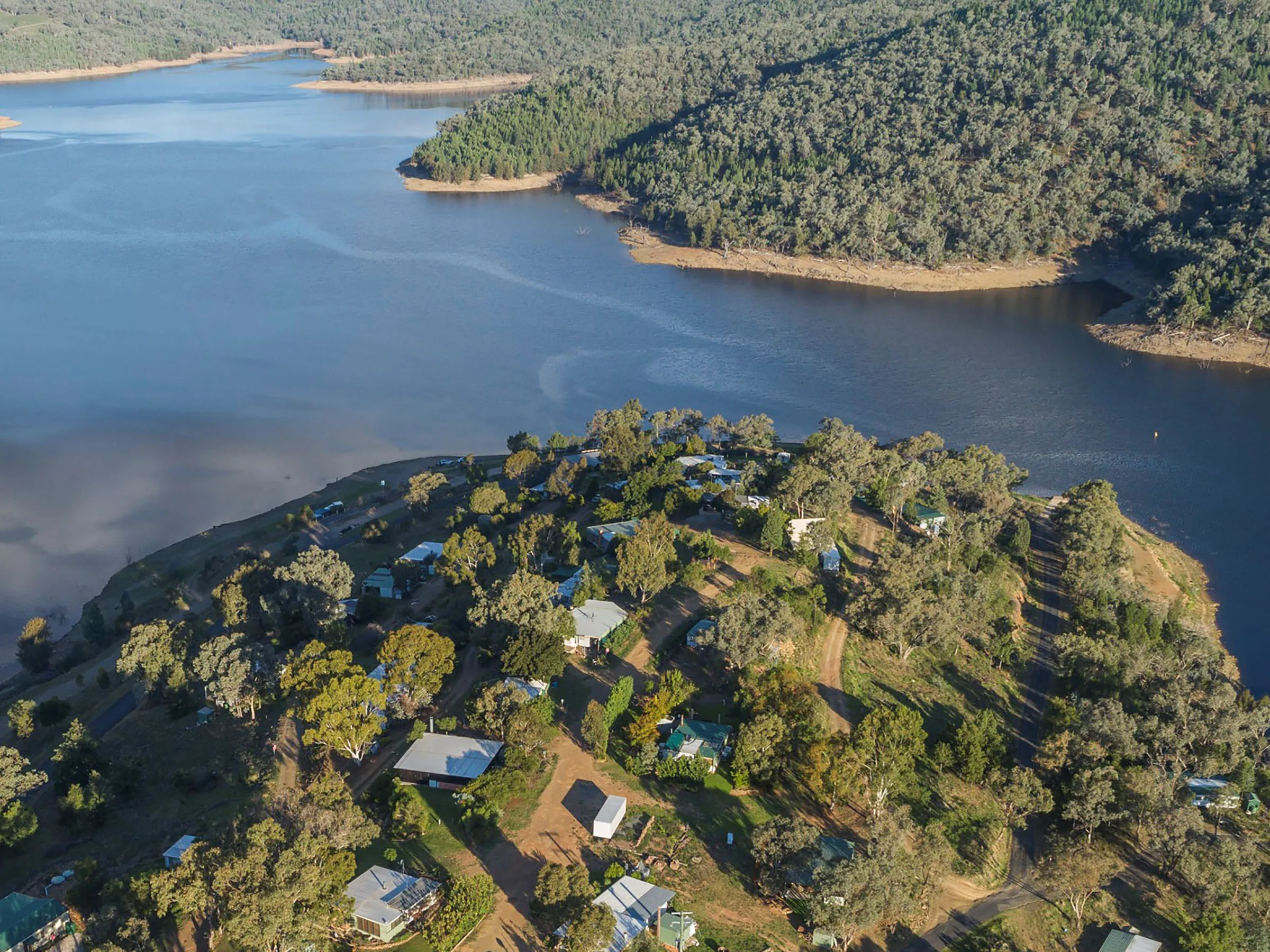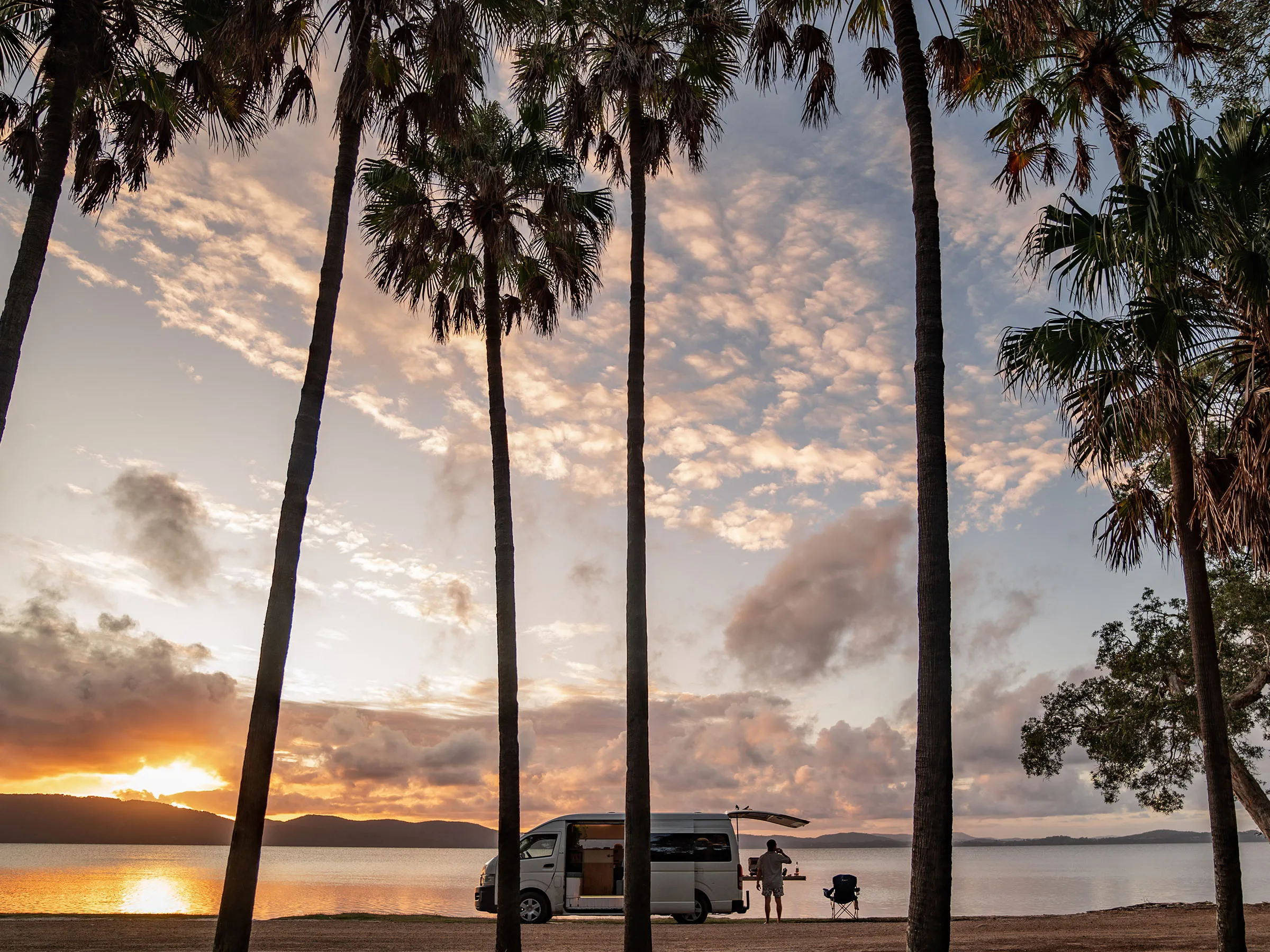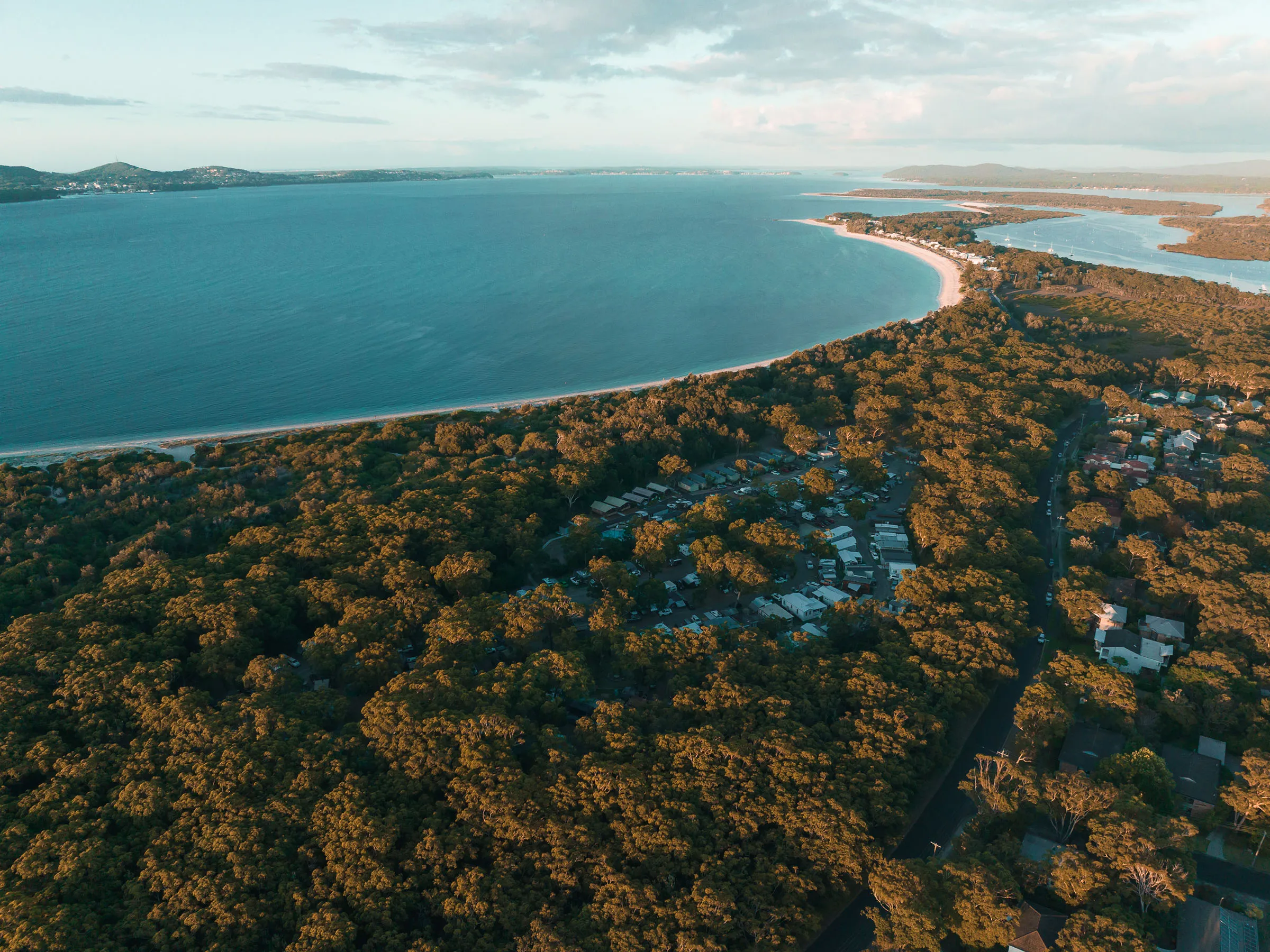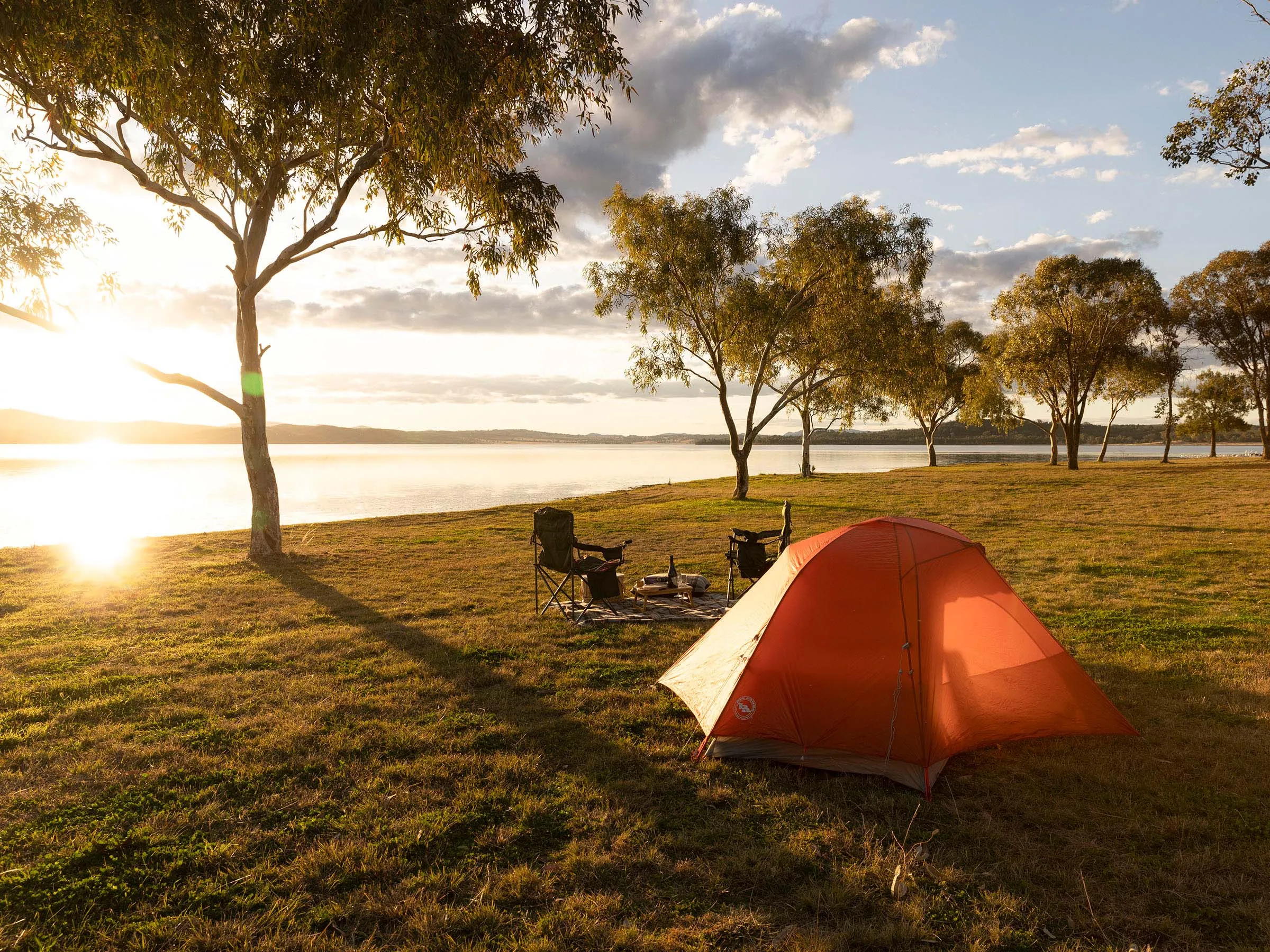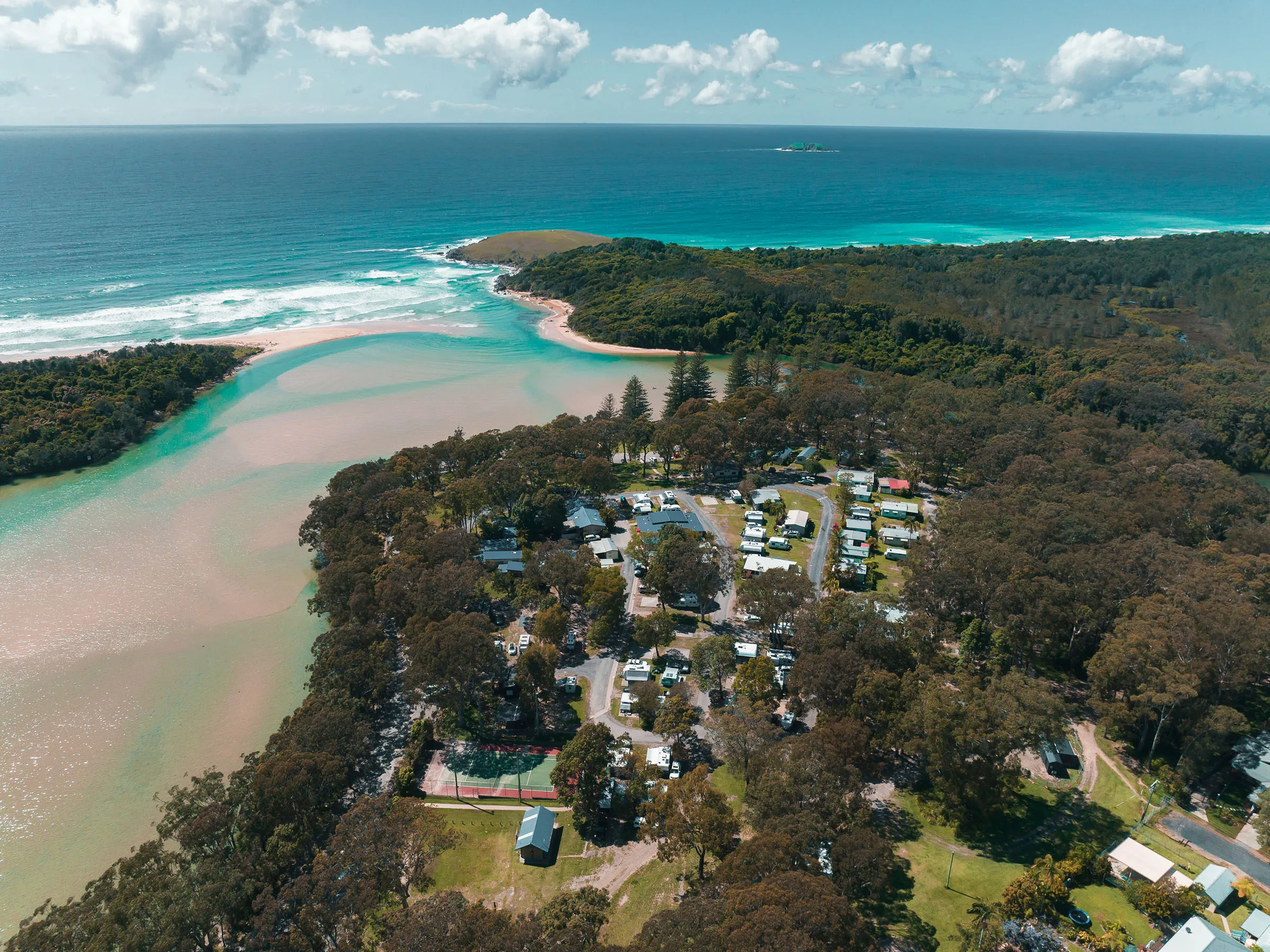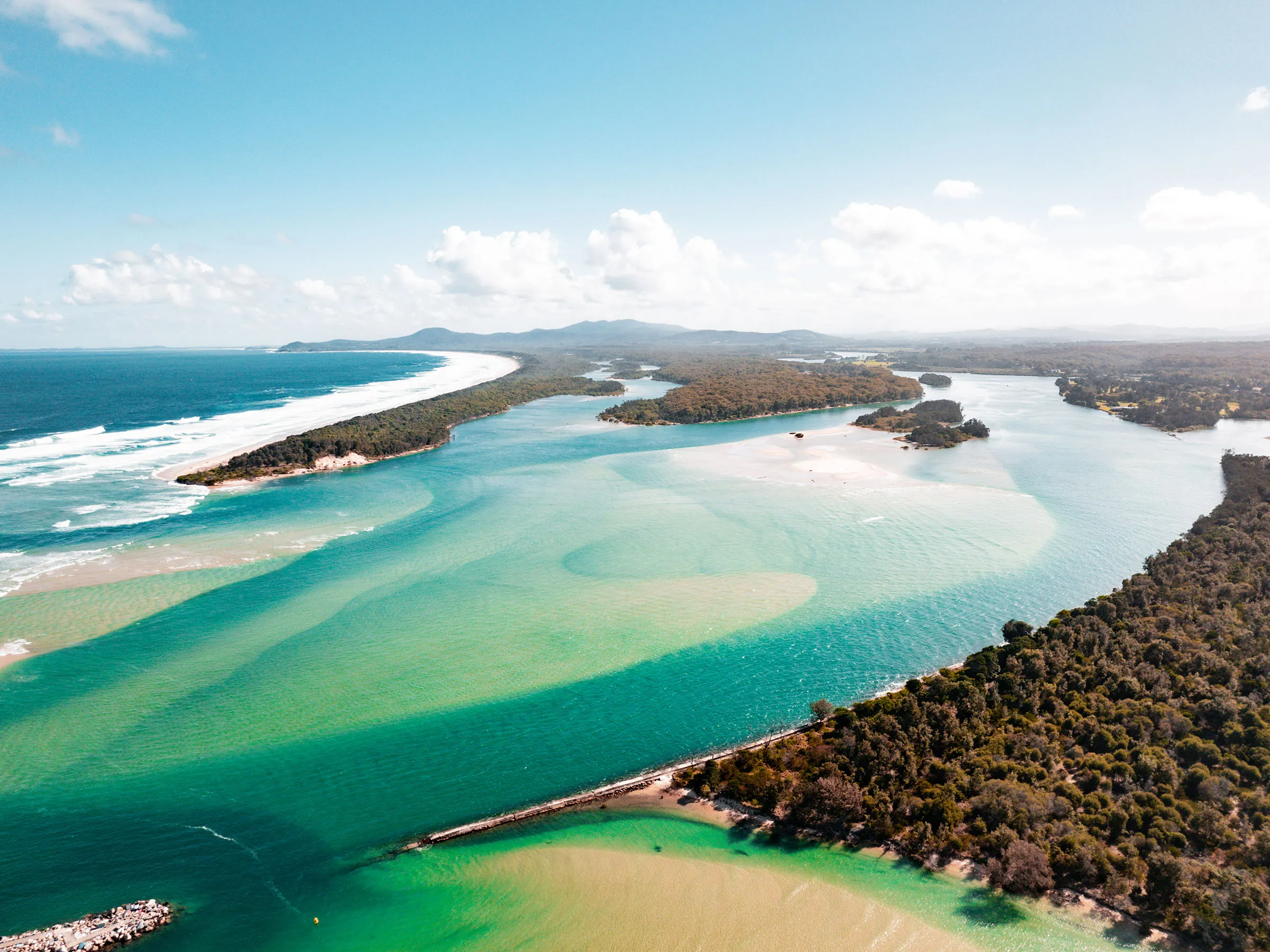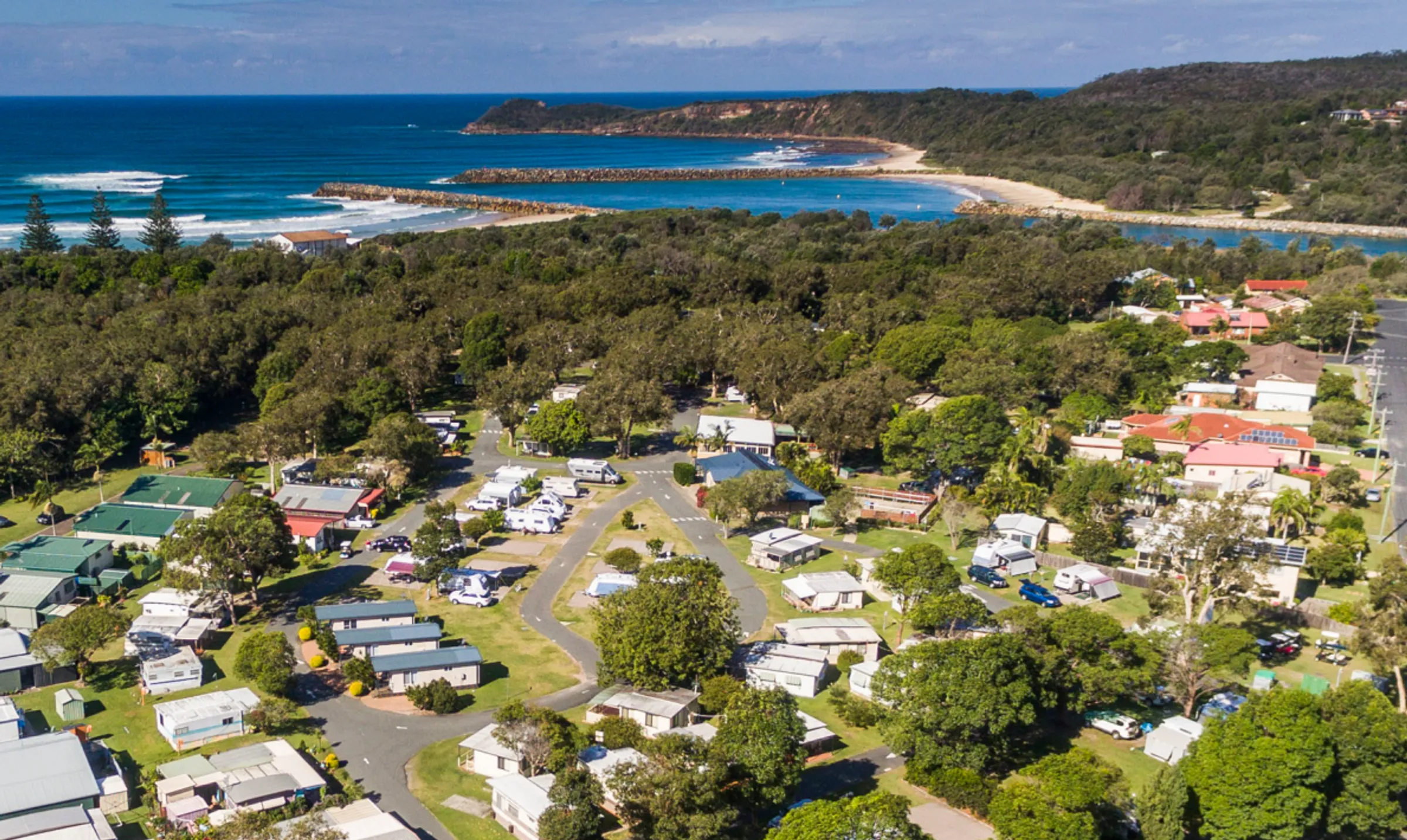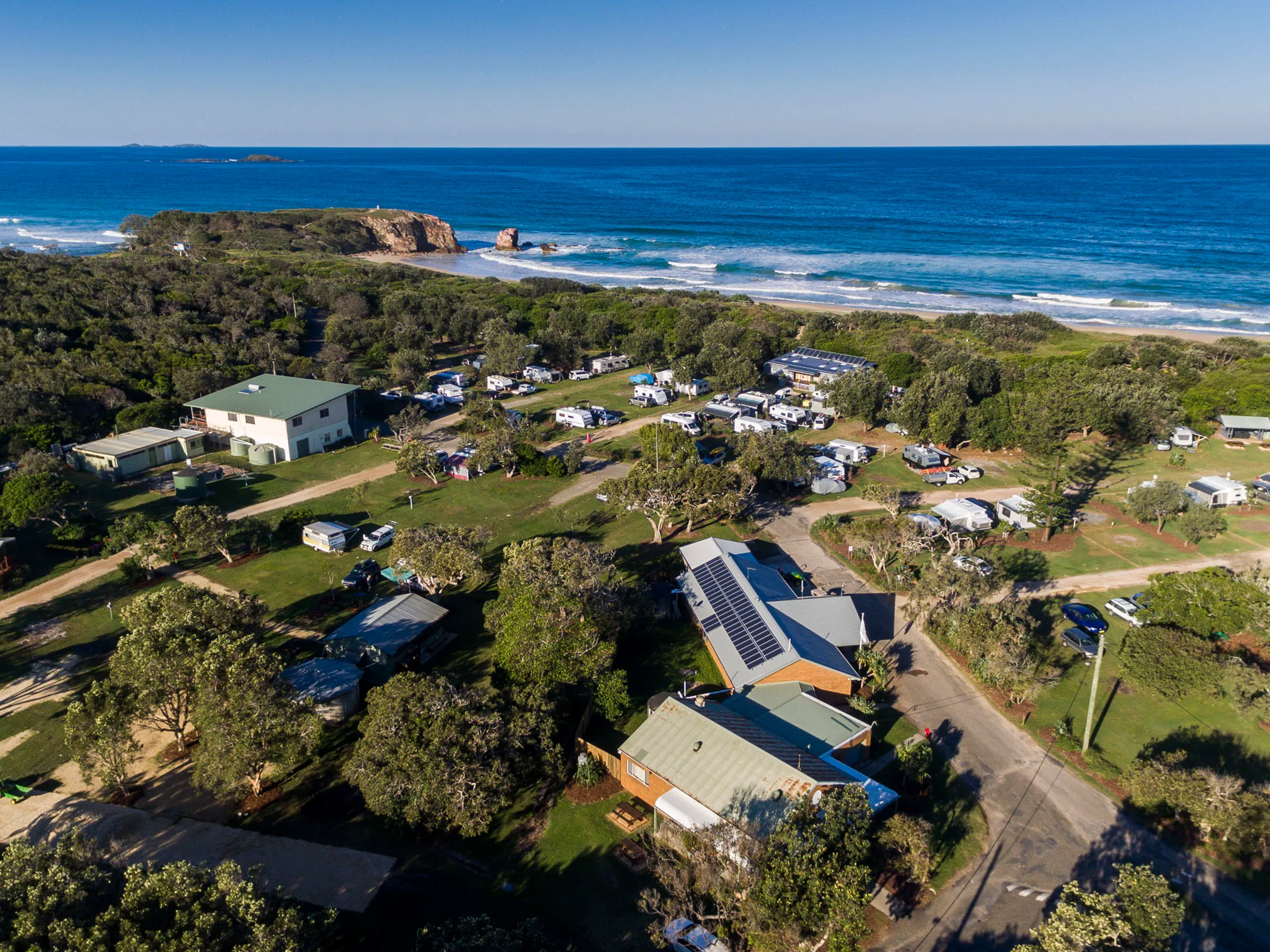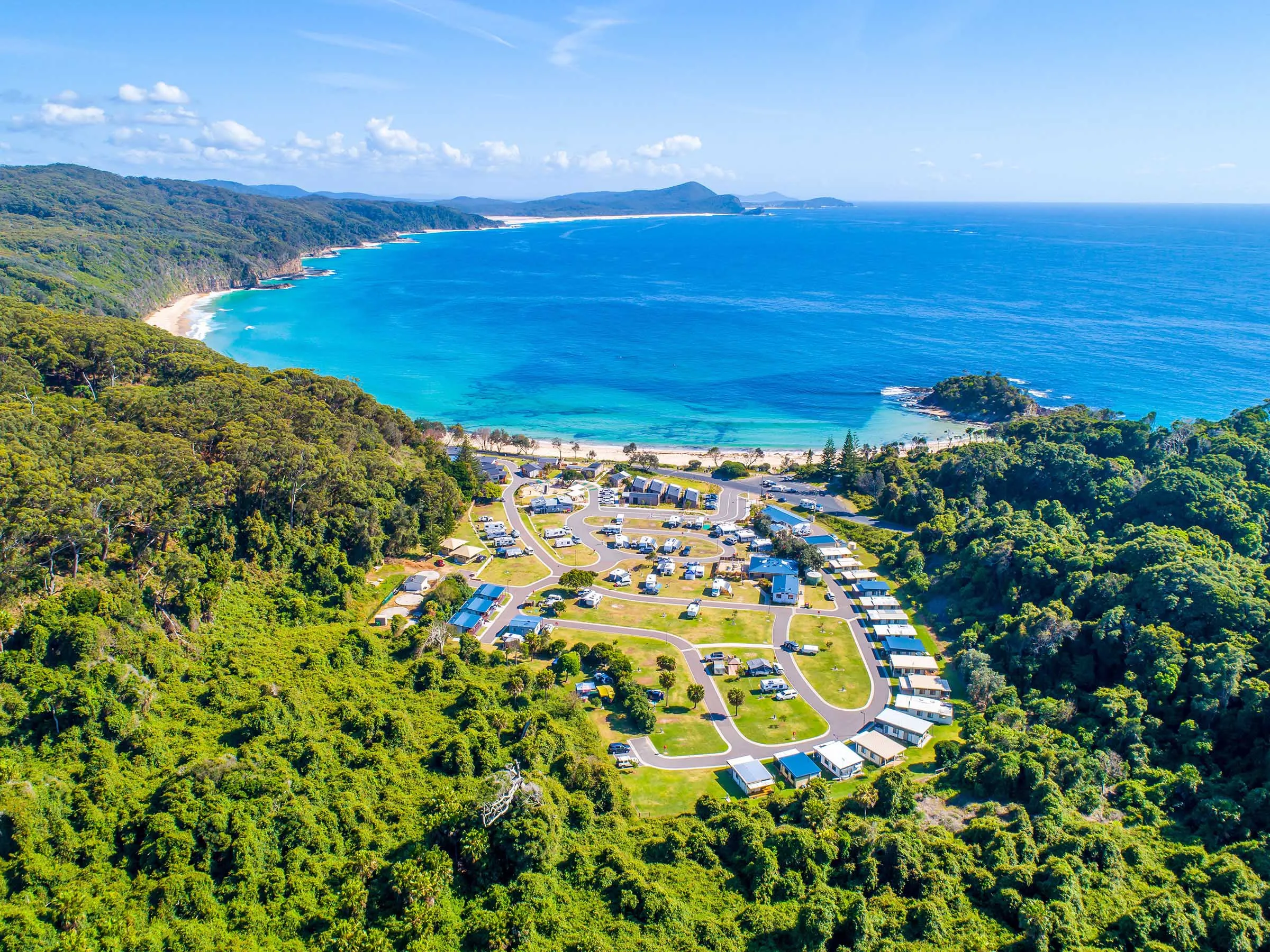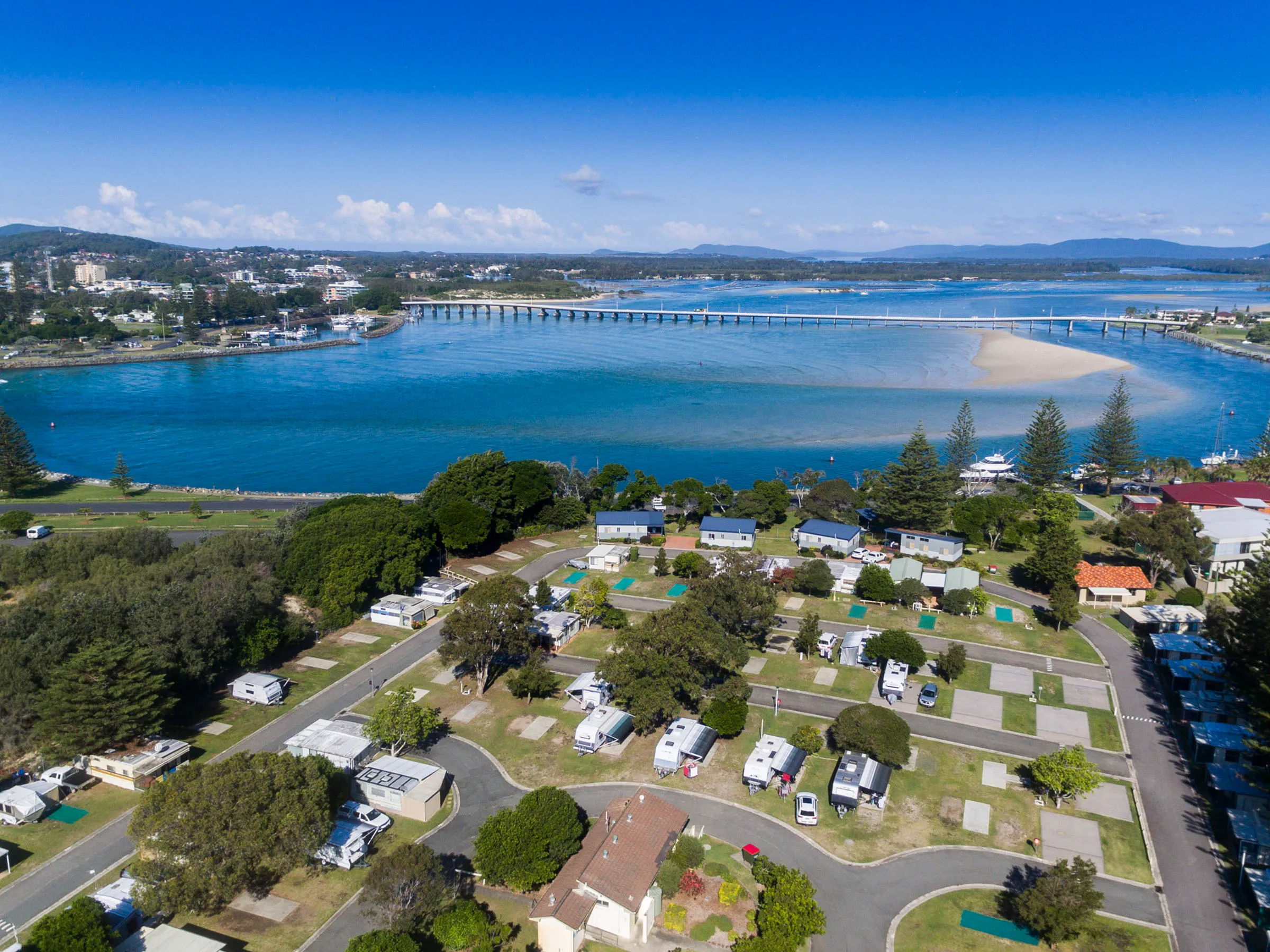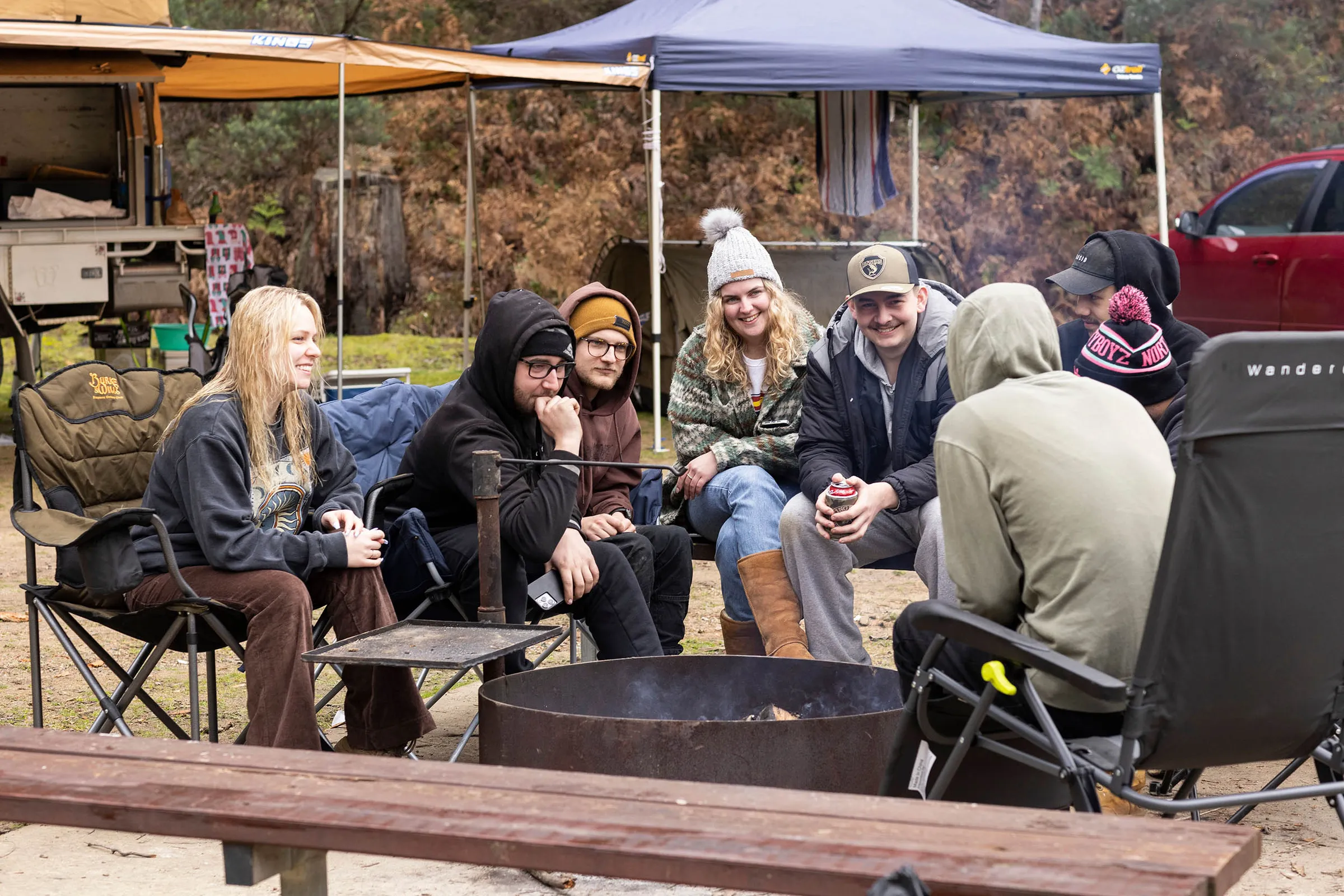
Parks and campsites allowing fires and firepits in NSW
Getting warm and cosy
There’s nothing quite like the experience of gathering around a campfire with friends. It’s a unique bonding ritual that becomes even more special in an outdoor setting. Whether you’re on camping adventures in the woods or simply getting away for the weekend with friends, there’s a Reflections location nearby with campsites that allow fires.
At Reflections Holidays, you can enjoy the warmth and camaraderie of an open fire while taking in the sounds and smells of nature. There are park locations scattered throughout the NSW coast and country that all allow campfires, so no matter where your journey takes you, there’s likely a holiday and caravan park nearby.
Parks allowing campfires and individual firepits
Camping is a classic way to get away from the hustle and bustle of everyday life, and there's nothing more enjoyable than gathering around a crackling fire with friends or family for an evening of conversation, singing, or roasting marshmallows. Luckily, many campsites in Reflections Holidays allow campfires - making them perfect spots to enjoy the natural beauty of Australia while indulging in some delicious treats.
Having a campfire can be incredibly relaxing and reinvigorating. There’s something special about watching the flames flicker in front of you while you chat with loved ones or sit in peaceful solitude. The warmth radiates throughout your campsite creating an inviting atmosphere that will make you forget all your troubles and woes.

Parks Allowing Campfires
Parks with communal fire pits
A Communal fire pit is an excellent way to enjoy campfire activities while holidaying in a shared park. Not only is a communal campfire easier to manage than an individual campsite, but it also offers more potential benefits. This type of campsite often allows you to interact with other campers and explore the area together, while still providing a safe environment for all who use it.
Fire pits provide warmth and light, allowing people to stay cosy even when temperatures dip outside. They’re also great for cooking food or keeping drinks hot. And nothing beats roasting marshmallows over a glowing campfire!
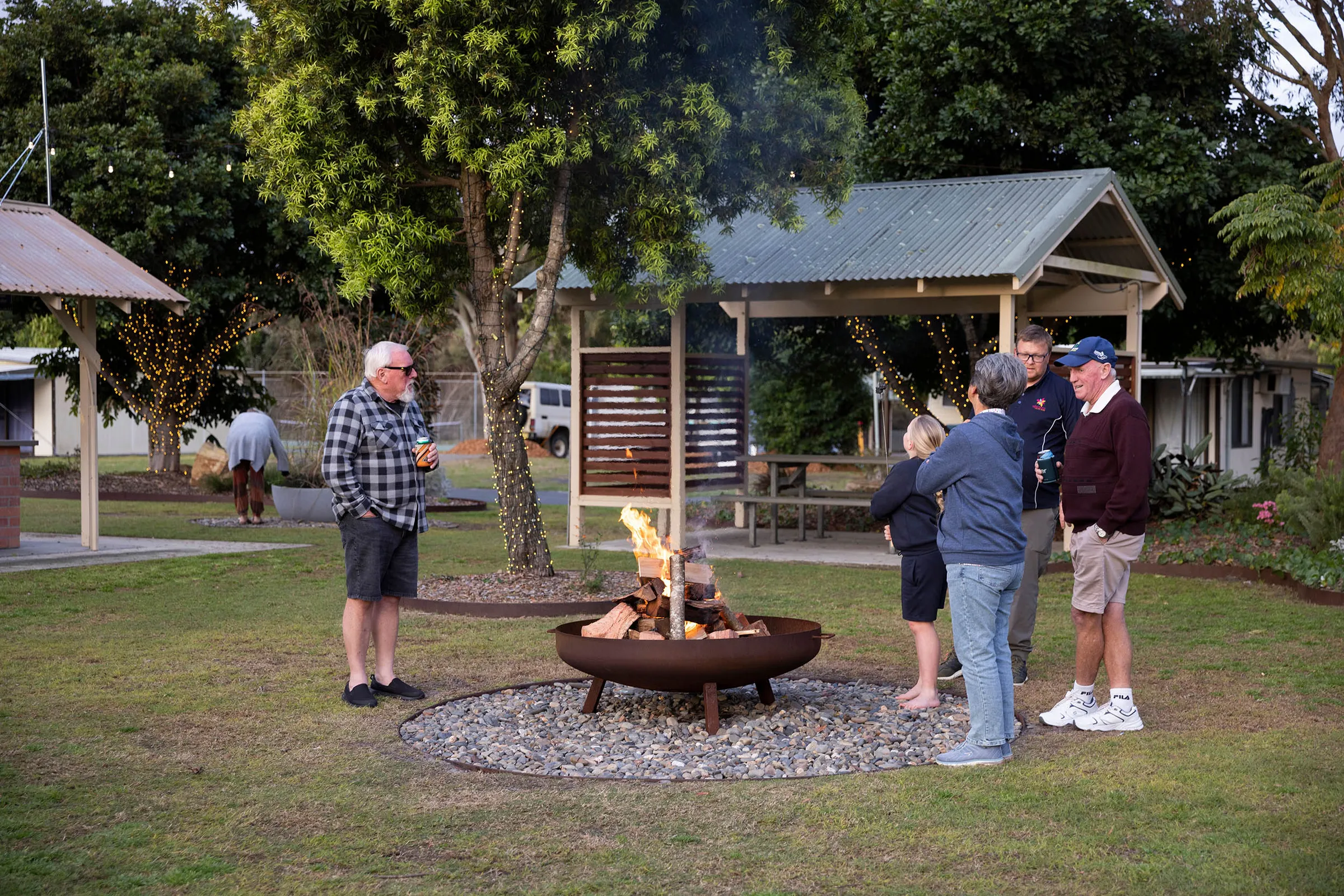
Parks with Communal Fire Pits
Bushfire Safety in NSW
The New South Wales outback is very prone to bushfires, so when using a campfire or fire pit, there are some basic rules to keep in mind:
- Never leave the fire unattended.
- Supervise pets and children around fires.
- Avoid putting aerosol cans, glass, aluminium, or other explosive and toxic substances in the fire.
- Build the fire in a safe clear space, either an existing fireplace, raised fire pit, or within fire rings.
- When you are finished, ensure the campfire is fully extinguished and dispose of any rubbish properly.
- Also, consider bringing your own firewood, or using clean firewood supplied by the park as by law the collection of firewood from the park is not permitted. Firewood at some parks can be purchased from the kiosk or outside the parks.
Guests must comply with fire restrictions imposed by the park manager and or fire authority at the time of campfire.
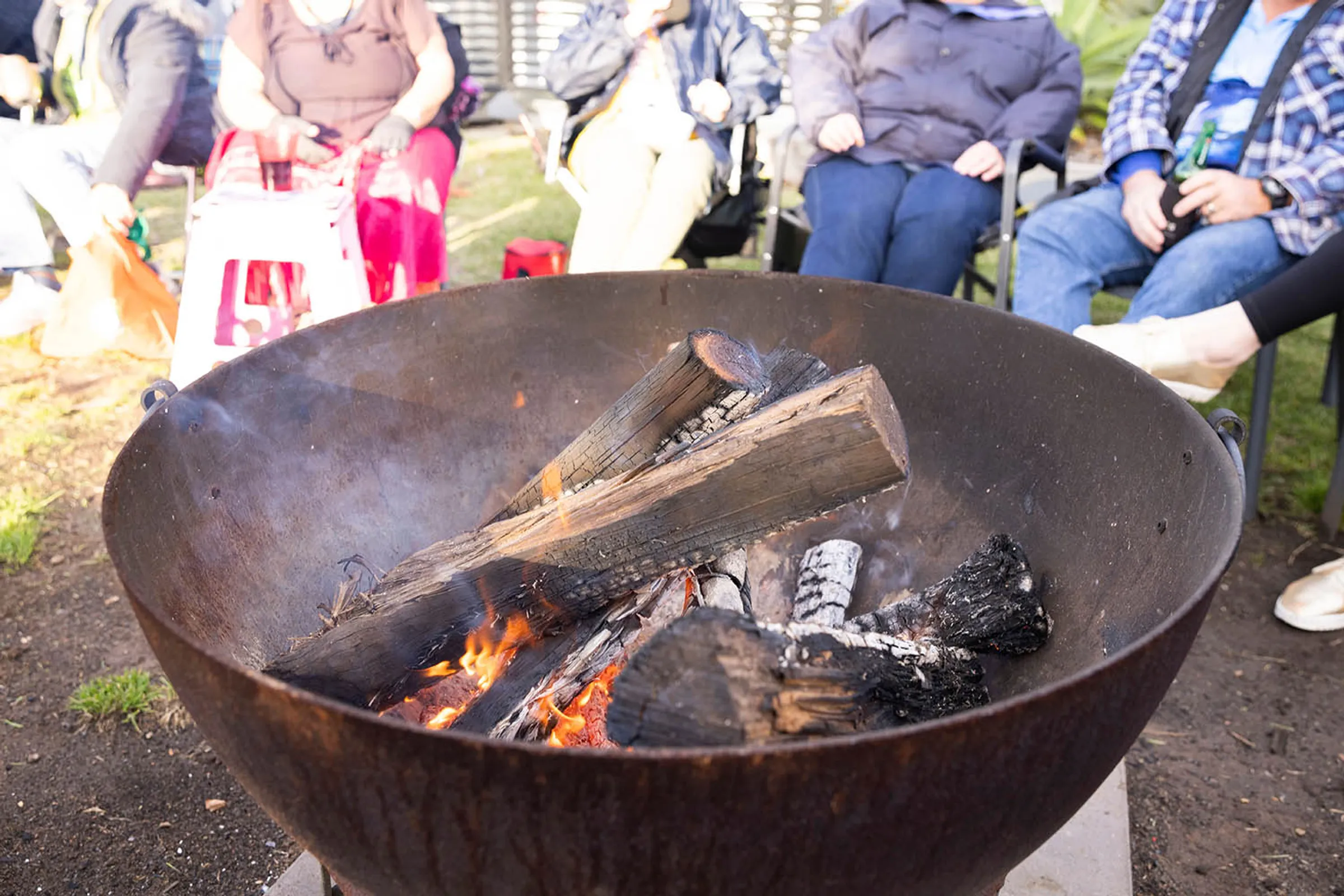
Didn’t find what you were looking for? We’re here to help. Get in touch here.
While many parks do allow campfires, some National Parks and campgrounds have their own rules, so you should always check with the park office for your destination. Some national parks don't allow fires except in provided fireplaces, while the rules at Reflections parks change depending on where the park is located.
While it is a common dream to want to sit back by a roaring campfire just a stone's throw from the beautiful beaches of NSW and watch the sunset over the waves, beach fires are not allowed on most beaches in NSW within Nation Parks, except for a handful of campsites like Reflections Jimmys Beach. The best way to find out if beach fires are allowed at your destination is to call the local council office or check with the campground you plan to stay at.
